Dill (Anethum graveolens) is an annual herb belonging to the family Apiaceae. It is believed to be originated in the Mediterranean region. This herb is sometimes referred as ‘Indian Dill.’ Dill is widely grown in Europe and Asian continents for its leaves and seeds. Fresh and dried leaves and seeds of these plants are used for various food purposes.
In Ayurveda, Indian traditional medicine system, dill is considered to have pungent, bitter and hot properties and is used for curing arthritis, dysentery and diarrhoea. Foods containing dill stimulate flow of bile and gastric juices and thus helps in healthy functioning of digestive system. Consuming some dill seeds after meals increases digestion and dill seeds also act as mouth fresheners. In Ayurveda, dill-based herbal medicines are used for treating respiratory disorders and menstrual disorders. Dill is believed to have anti-diabetic properties also though it is not clinically proven. A description of some health benefits of dill herb is as follows:
Dietary Fiber: Dill is rich in good quality dietary fiber. Dietary fiber is good for human body. Dill is rich source of dietary fiber. High fiber foods is good for weight loss as they take long time to get digested and also make you feel full for a long period of time. High fiber food aids in digestion, cures constipation, lowers blood cholesterol, cleanses the gastrointestinal tract and may reduce the risk of developing diabetes and colorectal cancer.
Potassium: Dill is an excellent source of potassium. Potassium is an essential mineral that plays an important role in lowering blood pressure.
Calcium: Dill is an excellent source of calcium. Major functions of Ca are blood clotting, nerve impulse and muscle contraction, and protection of bones from thinning. Calcium promotes bone health and teeth health. Calcium deficiency results in weakening of bones, rickets in children, tooth decay and pains in legs and back of the body.
Iron: Dill is an excellent source of iron. Iron is essential for RBC (red blood cell) formation and transfer oxygen between the tissues and within the blood. Red colour of blood is due to the presence of iron in it. Iron is essential for increasing body immunity and also for the synthesis of neurotransmitters. Iron deficiency results in anaemic appearances, increase in heart rate and breathing, poor immune system, yellowing of the body and severe headaches.
Vitamin C: Dill herb is a good source of vitamin C. Vitamin C is a powerful antioxidant vitamin. Vitamin C helps in absorption of iron and calcium. It increases body’s natural immunity.
Niacin: Dill herb is a good source of niacin. Niacin is essential for skin health, proper functioning of nerves, and digestion. It also reduces blood cholesterol level and therefore lowers the risk of heart attack.
Folate: Dill herb is a good source of folic acid or folate. It is essential for energy production from food. It helps in synthesis of nucleic acids and proper functioning of immune system and blood production by facilitating functioning of iron and increasing production of red blood cells (RBCs). It also helps in controlling amino acid metabolism.
Vitamin A: Dill contains vitamin A in moderate amounts. It is essential for eye health and vision. It also strengthens body’s natural immune system and is essential for growth and development. Vitamin A is also essential for reproduction, tissue building, and skin and bone health and for the formation of red blood cells.
We regularly publish informative videos on various “Food, Agriculture, Gardening and Horticulture” topics. You may view these videos here…
You may also check out our Digital Publishing Services for Food, Agriculture, Gardening and Horticulture Sector by visiting this link


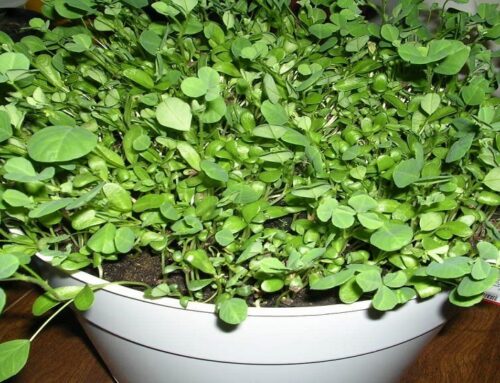
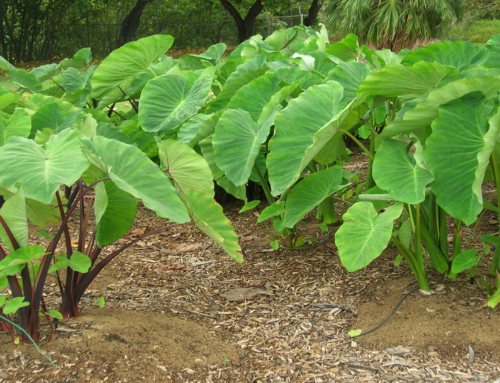
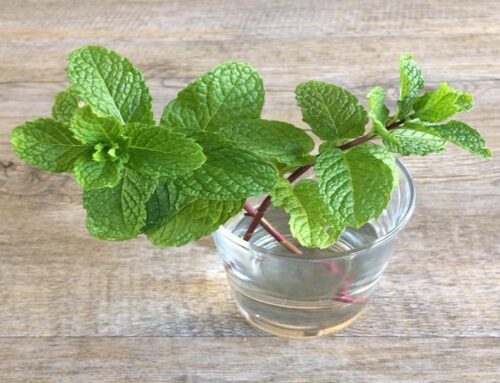
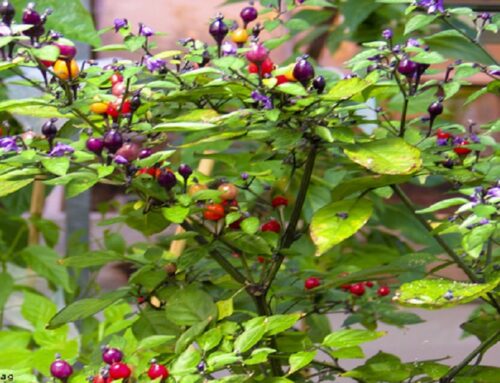
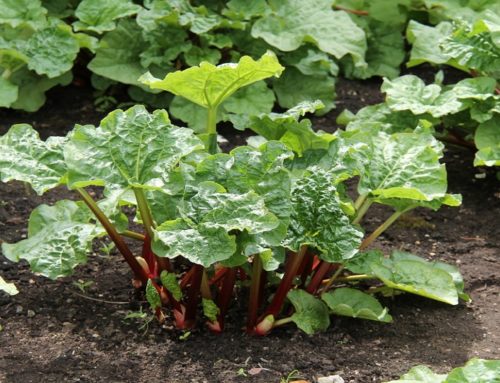
Leave A Comment
You must be logged in to post a comment.